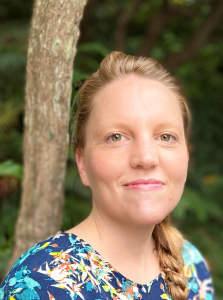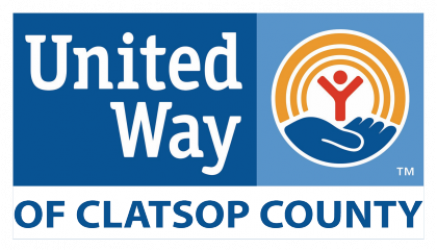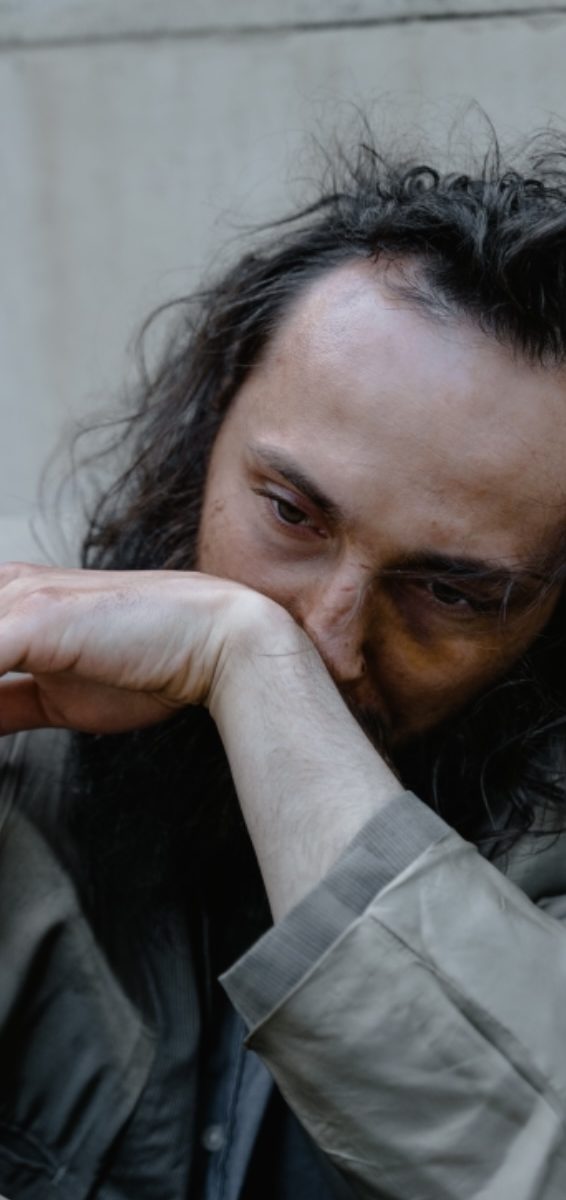One of the great pleasures of serving on the board of The United Way of Clatsop County is getting to know our non-profit partners and the excellent work they do. An organization that I have been able to learn about is Helping Hands Outreach and Reentry . The mission of Helping Hands is to provide a helping hand to a sustainable life through trauma-informed, data-driven resources, recovery and reentry. Homelessness is a problem that is increasing in Clatsop County due to COVID-19 and the shortage of affordable housing.
On September 30th I got to speak to Raven Walsh, Director of Data and Major Projects, and Mike Davis, Development Director at Helping Hands. They were kind enough to walk me through how their program works, who benefits from their program, what their current needs are, and what has been challenging for them over the last year or so.
Who is Helping Hands?
Helping Hands Outreach and Reentry was started in 2002 in Seaside, Oregon as an 8 bed facility for the homeless. The founder, Alan Evans, has personal experience with homelessness and addiction. They now serve five counties and have 11 facilities. In October 2020 they opened the Bybee Lakes Hope Center in a former correctional center at the Port of Portland. They’ve been able to operate this facility at one-third capacity and at the end of 2021, will be providing services for over 600 individuals.
Eighty percent of staff at Helping Hands have lived experience of homelessness or addiction. This experience helps the staff relate to the folks who are there looking for help and creates a sense of trust within the program.
What does help look like at Helping Hands?
Help begins with a referral to the agency by a community partner. Community partners include the fire department, local businesses, churches and mental health professionals. When referred to Helping Hands, the first step is a 4 night stay in an emergency shelter. While in the emergency shelter, individuals decompress, shower, get to know the agency and the people and organizations with which the agency partners. After the initial four days there is an option to become a member into a high-barrier, long-term reentry program.
Reentry program participants agree to the following rules and restrictions:
- Pay $250 toward bed space every month (scholarships are available)
- 10 hours/week required volunteer work
- In-depth, personalized and trauma-informed intake process that assesses needs and determines the best path best toward reentry, employment and housing.
- Sobriety on campus at all times.
Some of the help that a program participant might receive include:
- Vocational programs for job training for skills to work
- Coaching on basic life skills
- Mental health care
- Transitional classes that help them access higher education at Clatsop Community College
Participants needs are each different. Often they learn skills like how to become personally accountable, how to schedule their day, and the importance of addressing the trauma of being homeless.
What does this look like in Clatsop County?
Helping Hands is data-driven and as a result the success of their program is easily seen in the numbers:
- 65% of folks who go into emergency shelter go into the long term reentry program
- 90% of those folks go into sustainable housing.
- After 3 years, 85% of the women and 75% of the men who have gone through the program are still in sustainable housing and employed.
How can you help?
One of the ways you can help is with a financial contribution to United Way of Clatsop County (UWCC). Often grants from UWCC to agencies like Helping Hands are able to be doubled through state and federal matching grants, so your dollars go further in supporting self-sustainability for homeless.
Helping Hands also lists current items that are needed. Holidays can be an especially hard time for participants in the reentry program. Donations of multi-denominational gifts and decorations are always welcome. If in doubt, a quick call to their office is a great way to hear how you can get involved with holiday meals or donations. Helping Hands office number is 503-738-4321.

Owner, Watershed Wellness



